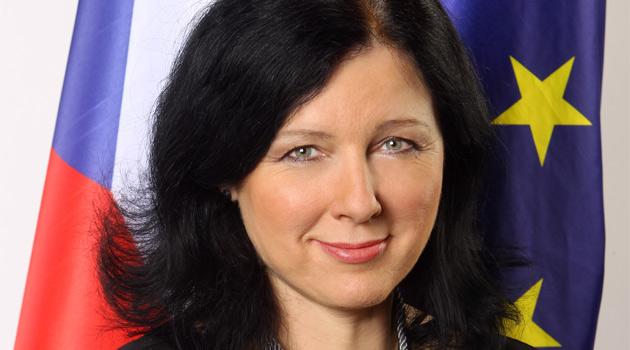EU Justice Commissioner says situation of Romani people is not improving

Discrimination against Romani people continues to be widespread throughout the entire European Union and anti-Romani prejudice is currently on the rise in the context of the overall growth in extremism and radicalism there. EU Justice Commissioner Věra Jourová warned the European Parliament of that fact on Monday.
"We have done a great deal [to improve the position of Romani people] but the situation is not improving, in fact, it is even deteriorating. The Romani minority is the first to be afflicted by the deteriorating situation in Europe," Jourová said, adding that she is worried by the trend of previously-adopted campaigns, European values and strategies now being rejected.
The Commissioner said one of the main problems as to why the situation is not improving is that "we create policy for Romani people without them". She sees room for improving the involvement of Romani people mainly in the NGO sector.
During the debate, some MEPs also warned that national-level strategies combating discrimination against Romani people very often remain on paper only and that the EP itself should do more to monitor the effectiveness of EU funding expended on programs designed to improve Romani people’s situations. In the Czech Republic, according to a report published on International Romani Day, the situation of the minority has improved over the last decade, but too little progress has been made and a gap persists between Romani people and other members of society.
Romani people tend to attain lower levels of education and employment, to be more at risk of poverty, to live in worse conditions and to have shorter life expectancies. According to Government data, there are around 242 000 Romani people living in the Czech Republic and one-third to one-half of them are grappling with the impacts of social exclusion.
The number of impoverished households or neighborhoods in which Romani people in particular predominate has doubled over the last decade. There are around 600 such ghettos in the country.